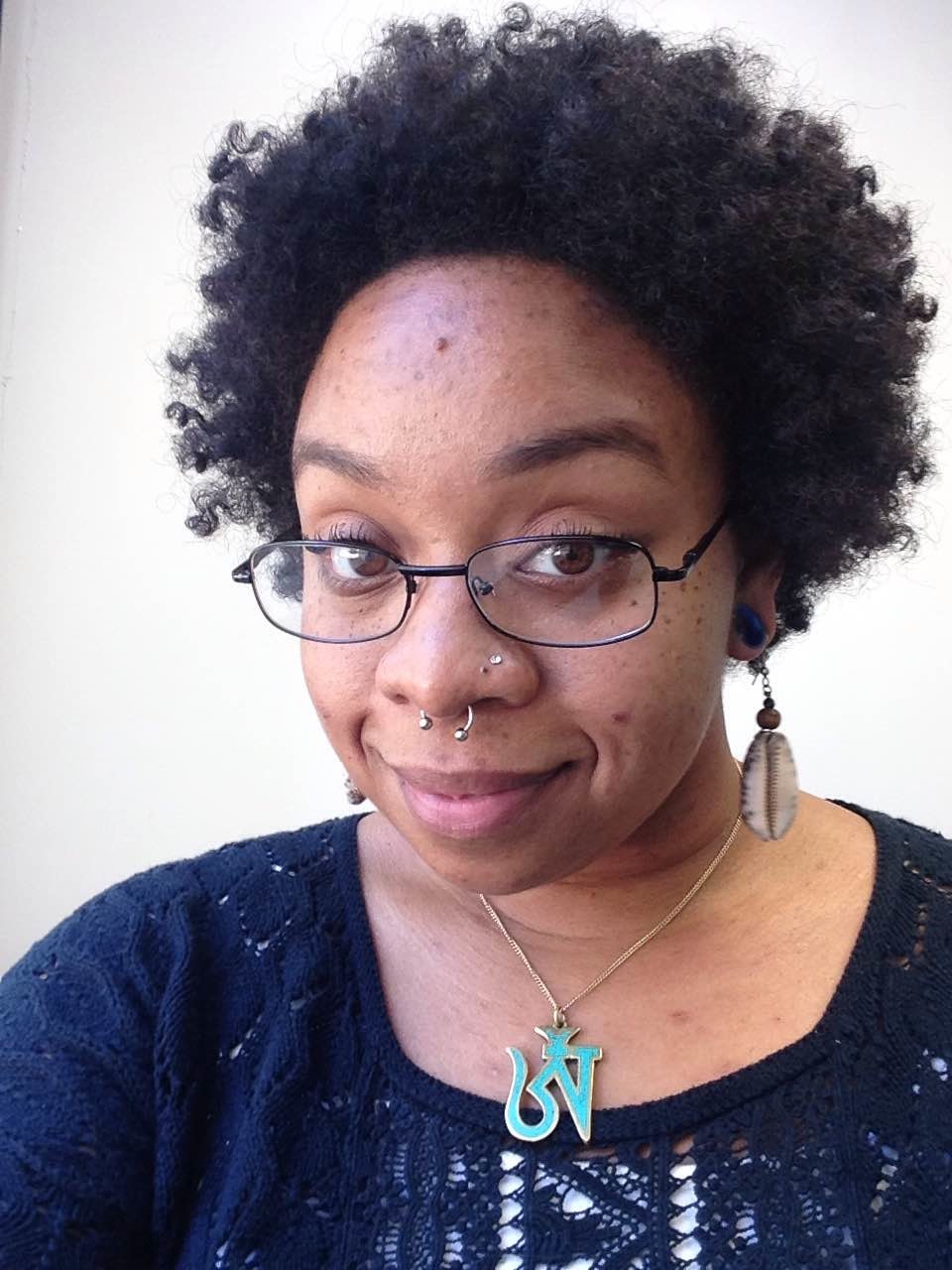By Zakiyyah Woods
Back in 2005, I took some time off from dating in order to understand and connect with my sexuality. Once I felt comfortable and confident enough to proudly claim my bisexual identity, I assumed that everyone I shared it with would be accepting of this part of my life in the same manner I’ve witnessed amongst my lesbian and gay counterparts who choose to come out to supportive loved ones. During my reemergence into the dating world, I held firm to the belief that being open and honest about my preferences with my person of interest – man or woman – would make for a successful start to our potential relationship. I wanted to allow those who identify as heterosexual the choice of whether or not they wanted to be with someone of the LGBT community. After all, fair is fair, right? Well, I was completely wrong in these assumptions, especially on the occasions when I found interest in a man.
In my ten years post bi acceptance, I’ve dated men of various religious and ethnic backgrounds. Things between us usually started out pleasant and, in keeping with my word, once I felt comfortable enough to disclose my bisexuality with them, as if unknowingly following a script, their initial response was a mixture of disbelief and excitement. A few have joked and said things like “Oh, so we can check out girls together, huh?” or “Good! So that means you won’t get mad if I comment on another woman’s figure,” and my all-time (not so) favorite threesome inquiry. These responses became common and have always left me wondering if my bisexuality was some sort of pass that allows disrespectful conversation and behavior to magically transform into socially acceptable speech and actions. Instinctively, I would attempt to inform my guy that such suggestions are not okay, and after providing a thorough explanation with examples as to why they aren’t, the insecurity of these men would start to creep in and change their entire outlook of the future we had started to see ourselves sharing together.
In my ignorance of biphobia and bi erasure, I managed to convince myself that being bisexual was the problem, while completely ignoring the shared trauma and fears of failed dating experiences these men had had with women who have cheated on them with other men and not other women.
For me, dating men became mentally and emotionally draining. Trying to convince someone that their fears of my (nonexistent) infidelity with someone of my own gender were, in fact, being led by their damaged ego began to stir up old feelings of self-doubt and insecurity directed towards my bi identity. So, in order to grasp a firmer hold of my bi acceptance, I let go of the dating scene again. During this hiatus, I discovered a few online support groups created for bisexual women and found solidarity in friends who identify as either bisexual or queer. Groups like Bisexual Women of Color (BIWOC) have helped to expand my knowledge of biphobia and bi erasure and the dangers associated with them and have provided me with much-needed “you are not alone” moments in a nonjudgmental space.
Currently, I am in a loving relationship with a man who is fully accepting and understanding of my bisexuality. The language spoken between us is never harmful and I am never made to feel guilty or ashamed for having the ability to love without gender restrictions. I extend a heartfelt thank you to the men of my past. Had I never dealt with their insecurities and stereotypes of the bi community, I’m confident that I might not have learned how to define, embrace and advocate for bisexuality on my own terms or I might have taken a longer time to reach this level of self-actualization.
Zakiyyah Woods is a freelance writer and mother of one. As a native New Yorker, she gathers most of her writing inspiration from people-watching and reading various literary styles.

